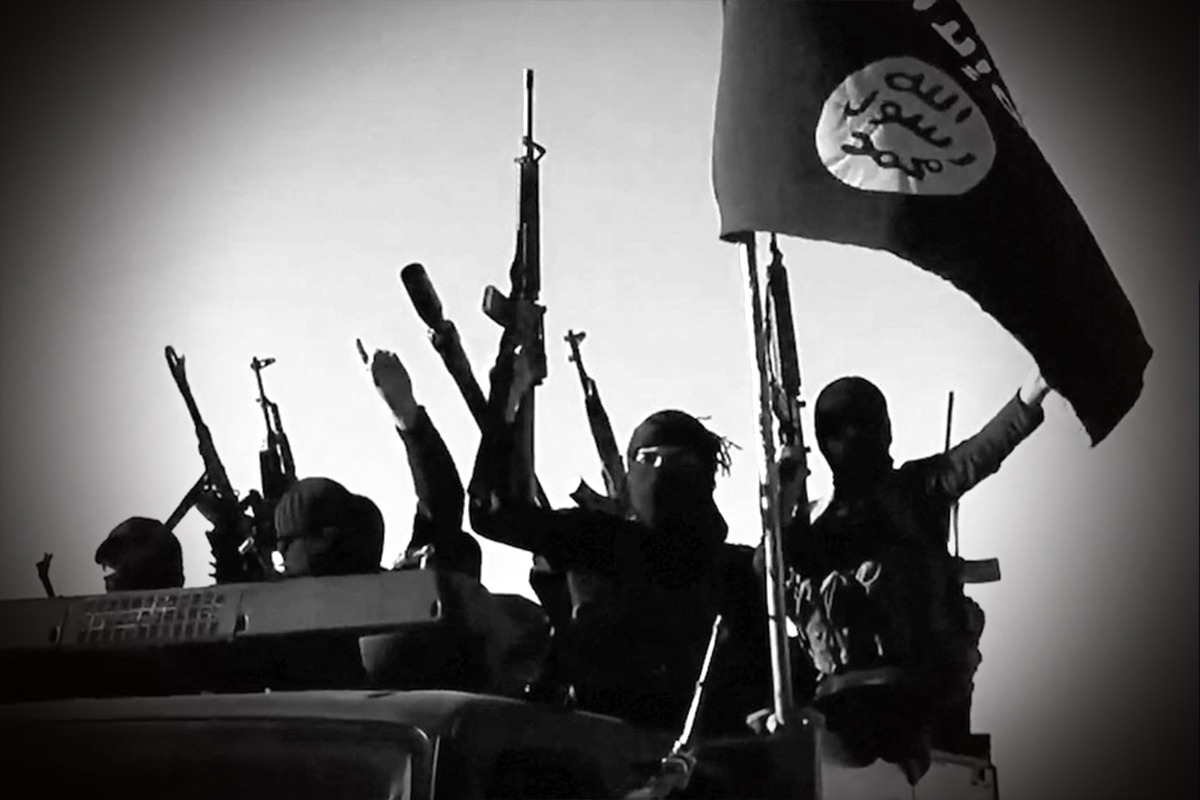Srinagar: Islamic State of Iraq and Syria (ISIS) leader, Abu Hussein al-Qurashi, has been killed by Turkey’s intelligence forces in Syria, Turkish president Tayyip Erdogan announced on Sunday.
In an interview with TRT Turk broadcaster, Erdogan stated: “This individual was neutralized as part of an operation by the Turkish national intelligence organization in Syria yesterday.”
He also revealed that Turkish intelligence had been pursuing Qurashi for a long time. The raid reportedly took place in the northern Syrian town of Jandaris, which is controlled by Turkey-backed rebel groups and was heavily impacted by the February 6 earthquake that affected both Turkey and Syria.
While the Syrian National Army, an opposition faction with a security presence in the area, has not issued any comment so far.
The clashes between Turkish forces and ISIS fighters took place on the edge of Jandaris. The exchange of fire lasted for about an hour before residents heard a large explosion. Later, the area was encircled by Turkish forces to prevent anyone from approaching it.
ISIS had appointed al-Qurashi as its leader in November 2022 after the previous leader was killed in an operation in southern Syria. Designated a terrorist organization by the UN, ISIS took over vast areas of Iraq and Syria in 2014, and its then-leader, Abu Bakr al-Baghdadi, declared an Islamic caliphate across territory that housed millions.
However, ISIS lost its grip on the territory after US-backed forces in Syria and Iraq, as well as Syrian forces backed by Iran, Russia, and various paramilitaries, launched military campaigns against them.
Although the remaining thousands of ISIS militants have mostly hidden out in remote hinterlands of both countries, they are still capable of carrying out major hit-and-run attacks, ambushes, and roadside bombings.
The group is estimated to have between 6,000 and 10,000 fighters in Syria and Iraq. The US-led coalition, along with a Kurdish-led alliance known as the Syrian Democratic Forces (SDF), is still carrying out raids against ISIS officials in Syria, and in some cases, senior ISIS figures have been targeted while hiding out in areas where Turkey has major influence.
ISIS and its regional affiliates have attempted to assert themselves as potent threats in many conflict zones worldwide. According to the UN, the most vigorous and well-established networks are based in Afghanistan, Somalia, and the Lake Chad basin.









